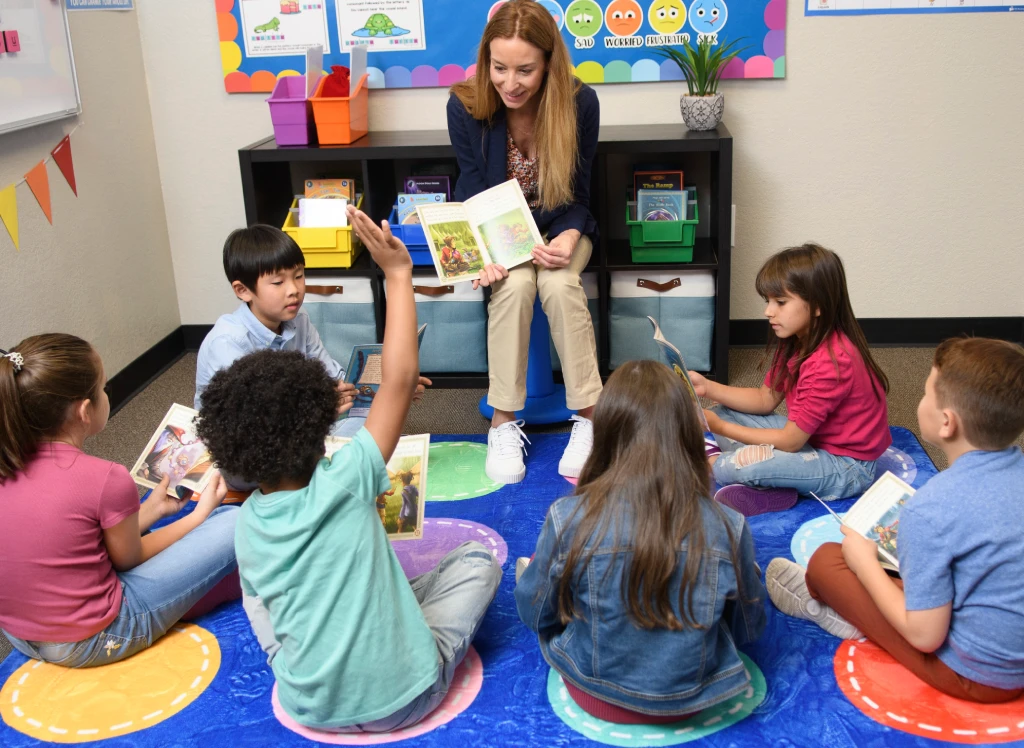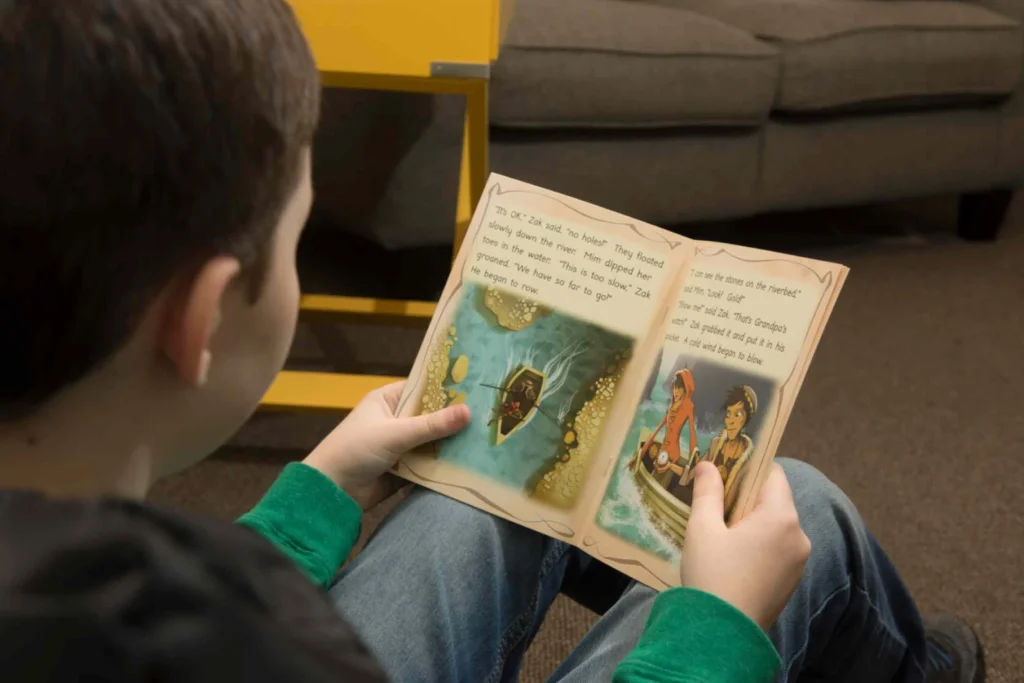In the fascinating journey of childhood development, language plays a pivotal role. Among the many facets of language, vocabulary stands out as a crucial element, especially when it comes to reading comprehension. Understanding how vocabulary development influences reading comprehension can provide valuable insights for educators, parents, and anyone involved in fostering a child’s growth.
Understanding Vocabulary Development
Vocabulary development is the process by which children learn and acquire new words. It begins long before children can read, as they start to understand the words spoken to and around them. This foundational stage is vital, as it sets the stage for future language and literacy skills.
Early Language Development
From birth, children are bombarded with language. They hear words from parents, caregivers, and their surroundings, which helps them begin to understand and eventually use language themselves. This early exposure is essential for building a robust vocabulary. Through everyday interactions and conversations, children start to associate words with meanings, laying the groundwork for more complex language skills later on.
Expanding Vocabulary
As children grow, their vocabulary expands rapidly. By the time they reach kindergarten, they often understand thousands of words, even if they cannot yet read them. This rapid vocabulary expansion is supported by various experiences, including listening to stories, engaging in conversations, and exploring the world around them. Encouraging diverse and rich language experiences at this stage is critical for continued vocabulary growth.

The Connection Between Vocabulary and Reading Comprehension
Reading comprehension is the ability to understand and interpret what is being read. A strong vocabulary is essential for effective reading comprehension, as it allows children to make sense of the words and sentences they encounter in texts.
Decoding and Understanding
When children read, they must first decode the words on the page. This involves recognizing the letters and sounds and blending them together to form words. However, decoding alone is not enough for comprehension. Children must also understand the meaning of the words they are reading. A rich vocabulary provides the necessary context to make sense of the text, allowing children to grasp the overall message.
Making Connections
A well-developed vocabulary helps children make connections between new information and what they already know. When children encounter new words in a text, they can draw upon their existing vocabulary knowledge to infer meanings and understand the content. This ability to connect new information with prior knowledge is a key component of reading comprehension.
Vocabulary’s Role in Decision-Making Development
Vocabulary development is not only crucial for reading comprehension but also plays a significant role in a child’s decision-making development. As children learn new words, they gain the ability to express themselves more clearly and articulate their thoughts and feelings. This enhanced communication ability is essential for effective decision-making.
Expressing Thoughts and Emotions
Children with a rich vocabulary can express their thoughts and emotions more accurately. This ability to communicate effectively allows them to share their ideas, ask questions, and seek clarification when needed. As a result, they can make more informed decisions, as they have the language tools to explore options and consider consequences.
Critical Thinking and Problem Solving
A strong vocabulary also supports critical thinking and problem-solving skills. When children have a broad range of words at their disposal, they can think more creatively and explore different perspectives. They can analyze situations, evaluate information, and come up with solutions to problems more effectively.

Strategies to Enhance Vocabulary Development
To support vocabulary development and, consequently, reading comprehension and decision-making, several strategies can be employed:
Reading Aloud
Reading aloud to children is one of the most effective ways to enhance vocabulary. It exposes them to new words and phrases in context, helping them understand meanings and usage. Choose a variety of books that introduce diverse vocabulary and engage children in discussions about the stories.
Encouraging Conversations
Engage children in meaningful conversations about their day, their interests, and the world around them. Encourage them to ask questions and express their thoughts. Listening actively and responding with varied vocabulary can enrich their language experiences.
Using Visual Aids
Visual aids, such as pictures and flashcards, can be powerful tools for vocabulary development. They provide visual context for new words, making it easier for children to grasp meanings. Use visuals to introduce new vocabulary and reinforce understanding through activities and games.
Exploring New Environments
Taking children to new places, such as museums, parks, and community events, exposes them to different experiences and vocabulary. Encourage them to describe what they see and learn, expanding their language skills in the process.
Conclusion
Vocabulary development is a cornerstone of reading comprehension and decision-making development for children. By fostering a rich vocabulary from an early age, we equip children with the tools they need to understand the world around them, make informed decisions, and become effective communicators. Through reading, conversation, and exploration, we can support children in their journey toward language mastery, setting the stage for lifelong learning and success.
Incorporating these strategies into daily routines can create an engaging and supportive environment for vocabulary growth, ultimately enhancing children’s reading comprehension and decision-making abilities.
Contact PDX Reading Specialist for a Comprehensive Assessment
If you’re looking to enhance your child’s reading comprehension and vocabulary development, consider reaching out to the PDX Reading Specialist. Our team offers comprehensive assessments tailored to your child’s unique needs, providing valuable insights and strategies to support their literacy journey. Don’t hesitate to contact us today to schedule an assessment and take the first step towards fostering your child’s reading success!


